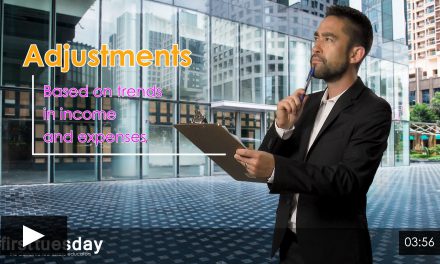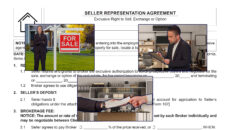Morris v. JPMorgan Chase Bank, N.A.
Facts: An owner defaults on a mortgage on their primary residence. The owner contacts the mortgage holder seeking to obtain a loan modification. The owner is unable to establish a single point of contact and receives conflicting information about the status of their loan modification request. The owner fails to pay their mortgage. While the loan modification is pending, the mortgage holder records a notice of default (NOD) and initiates foreclosure proceedings without notices sent by the trustee to the owner. The owner receives a letter from the mortgage holder denying the loan modification three days before the foreclosure sale. The home is sold at a trustee’s sale.
Claim: The owner seeks money losses resulting from the foreclosure claiming the mortgage holder violated the Homeowner Bill of Rights (HBOR) since they failed to establish a single point of contact, initiated foreclosure proceedings while a loan modification request was pending and failed to mail the homeowner a copy of the NOD and Notice of Trustee’s Sale (NOTS).
Counterclaim: The mortgage holder claims the foreclosure was proper since the owner failed to pay their outstanding mortgage debt or tender the full amount of the debt.
Holding: A California appeals court holds the mortgage holder violated the HBOR and the owner is entitled to recover money losses since the mortgage holder failed to establish a single point of contact for the owner, initiated foreclosure while a loan modification was pending and the lender’s trustee failed to mail a copy of the NOD and NOTS to the owner in advance of the trustee’s sale. [Morris v. JPMorgan Chase Bank, N.A. (2022) 78 CA5th 279]
Read Morris v. JPMorgan Chase Bank, N.A. here.
Related article:
Related reading:














